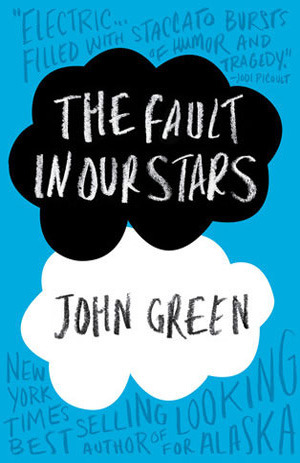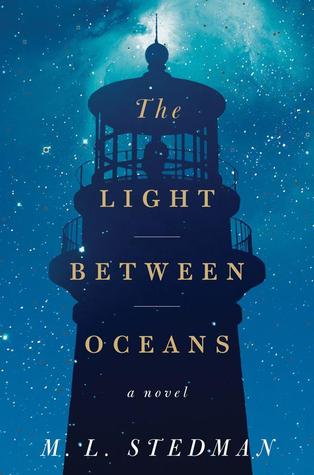 What Alice Forgot, by Liane Moriarty
What Alice Forgot, by Liane MoriartyInteresting premise: Australian Alice hits her head at the gym and when she wakes up, she's lost 10 years of her life. She thinks she's 29, pregnant with her first child, and happily married, but instead she's 39, has three highly spirited kids, and on her way to a divorce.
This book turned out to be more in the genre of "chick lit" than I thought it would be. Although I hate the term "chick lit," most of its books share these elements:
- Woman meets man and gives up her career
- If she does have a career, it's journalism, PR, or magazine editing
- Woman achieves desired perfect, privileged life, with a gorgeous house, rich husband, and 2+ children
In the intervening 10 years, Alice got her perfect life and became a shallow, spoiled brat (in my view). I did enjoy this beach read in spite of its flaws...it made me think about my own life, my priorities (am I spending enough high-quality time with my kids and my husband?), and how quickly life is passing me by. But several things bugged me about it:
- Does someone really change THAT MUCH in 10 years? I find that hard to believe.
- Alice didn't seem very smart. It took her a long time to get that she'd wreaked a lot of damage in the past 10 years.
- I could have done with all the extra plots...especially Frannie's letters to Mr. Moustache. This side plot seemed unnecessary and detracted from the main story. Also, although I have great sensitivity to infertility, I found Elisabeth's letters to be cumbersome as well. Yes, they allowed us to see inside these characters' minds, but I found this book to have too many side characters in general. And what happened in the end to Elisabeth and Frannie was no surprise of course.
- SPOILER: I liked the storyline about Alice's daughter's troubles at school...but could she really do a complete turnaround? A teenager who's been neglected and angered suddenly becomes an angel just because she starts getting positive attention. A bit unrealistic, I think.
- Alice's life seemed frivolous, pampered, and shallow to me. The world's largest lemon meringue pie? Really? I don't think I would like Alice very much.
- I found the character of Gina to be baffling...her close friendship with Gina changed the course of Alice's life? I guess she needed some kind of conflict, and Gina was meant to present that conflict.
- Does her husband suddenly decide that he is working too much, or does Alice decide that she doesn't care about all the long hours?
- Alice gets her dream job at the end, even though she has NO relevant job EXPERIENCE. Classic chick lit.
I know I'm sounding overly critical. I did enjoy the book, but it was multiply flawed. I'm curious to hear what my book groupies think of this one.
Now to read a novel with a woman character that inspires me.



